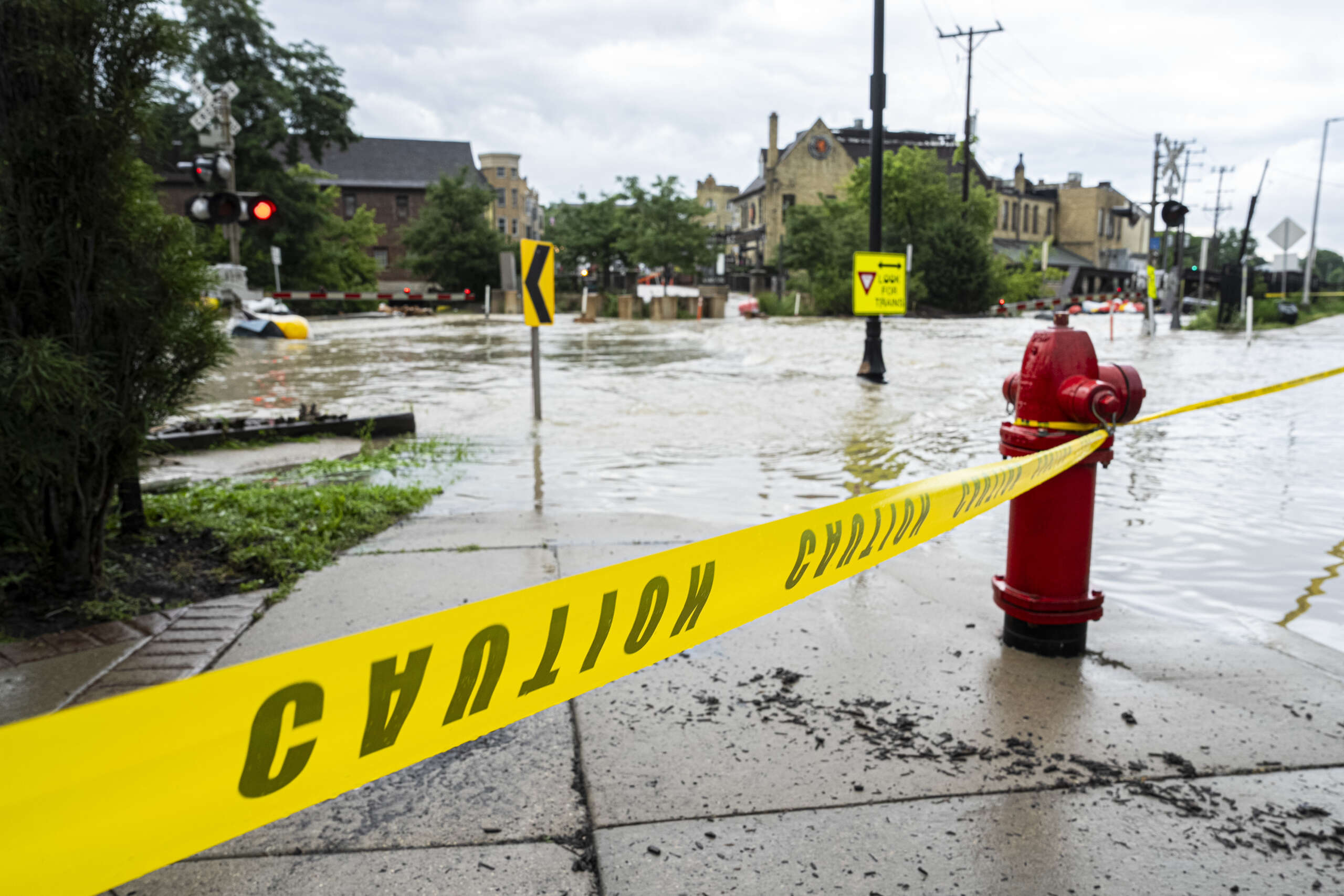
"On August 9 and 10, a massive storm over southeastern Wisconsin dropped up to 13 inches of rain in just a few hours, sending floodwater gushing downriver and destroying more than 1,800 homes in Milwaukee. The disaster was the second-worst two-day rain event in the United States since 1871. "For years, scientists have warned about what can happen when climate change supercharges extreme weather events. This is exactly what they meant," the Milwaukee Sentinel Journal reported, describing the disaster as a 1,000-year flood."
"Currently, Wisconsin law blocks the Public Service Commission from taking air pollution - including carbon dioxide emissions - into consideration during the permitting process. Fifteen children and teenagers, ages 8 to 17, filed a lawsuit Friday against the utility regulator alleging that the law violates their constitutional rights to life and liberty. The case is part of a growing climate litigation movement led in part by Indigenous youth."
On August 9–10 southeastern Wisconsin experienced up to 13 inches of rain in a few hours, destroying more than 1,800 homes in Milwaukee and producing a two-day rain event ranked second worst in the United States since 1871. The storm was described as a 1,000-year flood and linked to climate-driven increases in extreme weather. Wisconsin law currently bars the Public Service Commission from considering air pollution, including carbon dioxide, during permitting. Fifteen children ages 8 to 17 filed suit claiming the law violates their constitutional rights to life and liberty. Indigenous youth plaintiffs report warming is damaging wild rice, maple sugaring, and fishing traditions.
Read at Truthout
Unable to calculate read time
Collection
[
|
...
]